
For millennia, mankind's heartlessness has been demonstrated in their disregard for living trees. Men have cut down and decimated trees, our most beneficial relation, with whom we share common DNA. Trees raise the goodness from the earth and spread it above to maintain the planet's atmosphere. The bare Easter Island shows what happens when every last tree has gone. Even now, a massive area of Brazilian rainforest is being cleared to make another dam for profit.
In Ternate, Indonesia, the world's oldest spice tree has survived for 400 years, despite struggles to control every one of its clove-producing relations. Cloves, the dried flower buds of a tree which can grow up to 12m height, are used in cooking, either whole or in a ground form, as well as in some cigarettes, incense and perfume. The tree referred to as Afo was once 40 meters tall and four meters round. Sadly, today, all that remains is a massive stump and some bare branches inside a brick wall. A few years ago, villagers hungry for firewood attacked the tree with machetes.

If the Dutch had had their way, Afo would not have survived at all. The Netherlands United East India Company seized total control of spice production in 1652, after displacing the Portuguese and Spanish. All clove trees not controlled by them were uprooted and burned. Anyone caught growing, stealing or possessing clove plants without authorization faced the death penalty—already carried out on the entire male population of Banda, the world's only source of nutmeg. To keep prices high, only 800-1,000 tones of cloves were exported per year, the rest burned or dumped in the sea.
Somehow, the tree Afo managed to slip through the net. Mankind took on a kinder role, perhaps motivated by profit and deception. In 1770, a Frenchman stole some of Afo's seedlings and distributed them in France, then the Seychelles Islands and, eventually, Zanzibar. Today the seedlings have produced plantations of clove trees at Zanzibar, the world's largest producer of cloves.
Although the 400-year-old tree is dead to all intents and purposes, new life has sprung forth like the Easter story.


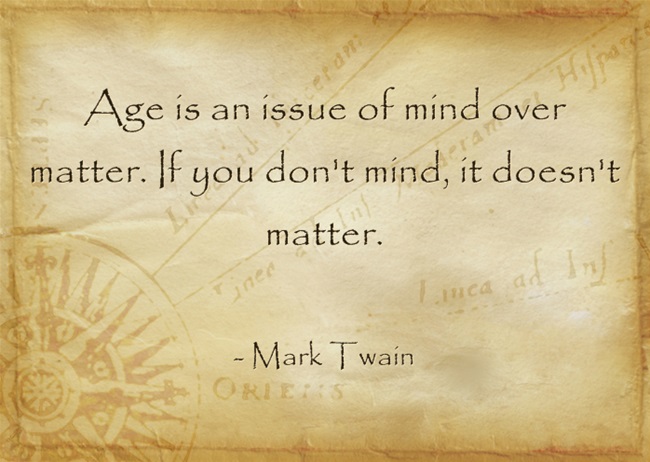









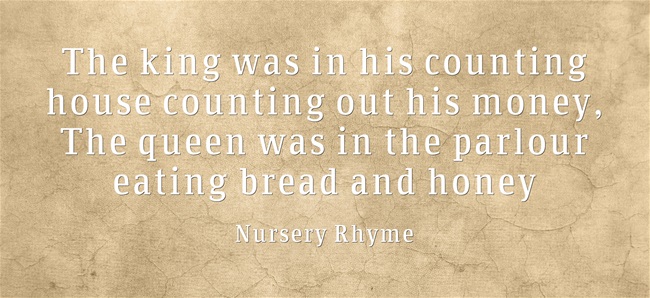



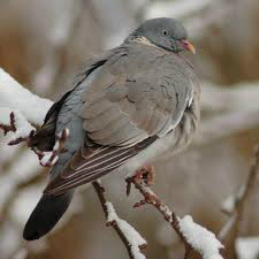
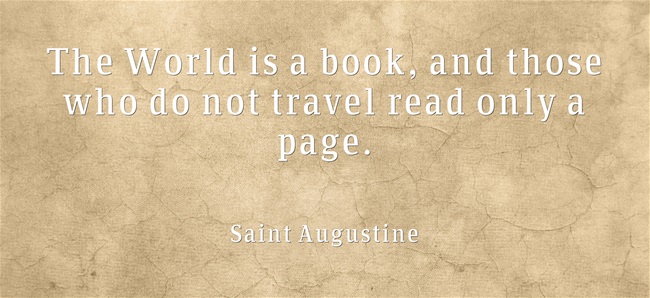
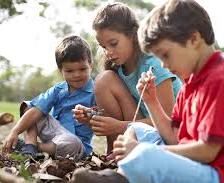
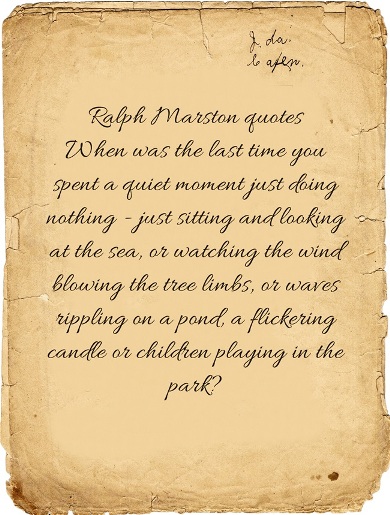
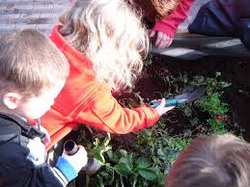



 RSS Feed
RSS Feed






